
Chronic ingestion of large quantities of alcohol alters many physiological and biological processes and compounds, including several blood-related (i.e., hematological) variables. Alcohol, as well as alcohol-induced cirrhosis, leads to decreased red blood cell (RBC) production. Hypersplenism, a condition characterized by an enlarged spleen and deficiency of one or more blood cell types, can induce premature RBC destruction. Blood loss occurs primarily in the gastrointestinal tract (e.g., at the sites of peptic ulcers) and is increased in patients with reduced platelet numbers. Folic acid deficiency impairs RBC production and results from decreased ingestion, decreased absorption, and abnormal metabolism of folic acid.
Does Alcohol Thin Your Blood?
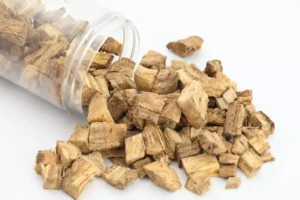
While alcohol sends you into dreamland quicker, there’s a good chance that having too much will lead to a night of tossing and turning once its sedative effects wear off. I came across this service because it is more convenient to get virtual help. I had foot surgery and telemedicine is way better than finding a ride and not feel like an inconvenience to other people.
Alcohol-related liver disease
- Moreover, long-term excessive alcohol consumption can interfere with various physiological, biochemical, and metabolic processes involving the blood cells.
- But having more than three alcoholic drinks daily could increase your risk for a type of stroke caused by bleeding in the brain (hemorrhagic strokes).
- Blood thinners such as warfarin, heparin, and aspirin can cause you to bleed and get bruises more often.
- However, excessive vasodilation caused by external factors, like drinking alcohol, can be problematic.
- Because alcohol impairs the function of the normal blood-clotting system, it also can adversely interact with over-the-counter and prescription medications that prolong bleeding or prevent coagulation.
Easy bruising may also run in families, so individuals whose relatives bruise easily may notice that they do too. There are several steps you can take can alcohol cause bruising to help improve the health of your liver. One of your liver’s jobs is to break down potentially toxic substances.
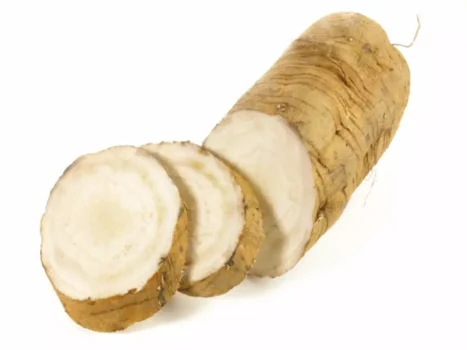
bruising very easily
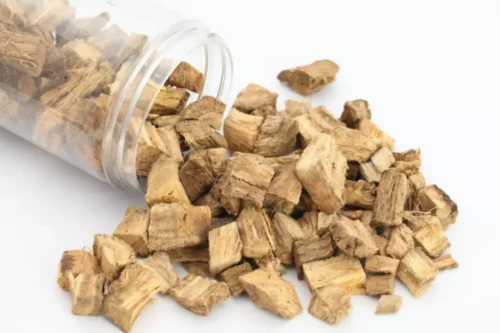
These observations suggest that alcoholics may be at increased risk for thrombosis. Because alcohol impairs the function of the normal blood-clotting system, it also can adversely interact with over-the-counter and prescription medications that prolong bleeding or prevent coagulation. As a result, the concomitant use of alcohol and aspirin or NSAID’s greatly increases the patient’s risk for gastrointestinal bleeding. Similarly, alcohol can enhance aspirin-induced fecal blood loss. To prevent such adverse reactions, health care professionals should proactively counsel patients who regularly consume alcohol about the proper choice and safe use of aspirin and other over-the-counter NSAID’s. When a blood vessel is injured, platelets are attracted to the site of the injury, where they aggregate to form a temporary plug.
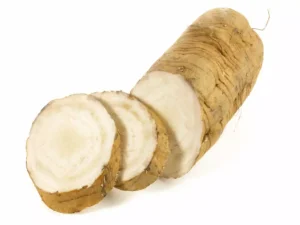
Recent studies indicate, however, that the gene responsible for low AC levels does not actually cause alcoholism, but may increase the risk of developing the disease. The exact mechanisms underlying alcohol-related thrombocytopenia remain unknown. Some researchers have suggested that alcohol intoxication itself, rather than alcohol-related nutritional deficiencies, causes the decrease in platelet numbers. The subjects’ platelet levels returned to normal when alcohol consumption was discontinued. Similarly, platelet counts can be reduced in well-nourished alcoholics who do not suffer from folic acid deficiency.
Another way to identify blood disorders is to perform a complete blood count (CBC), in which a machine counts all the cells within a blood sample. In addition, these machines can determine several other parameters of blood cells, such as their average size, which may be diagnostic for certain disorders. For example, an increase in the average RBC volume (i.e., the mean corpuscular volume MCV) is characteristic for a certain type of anemia. Consuming alcohol will thin your blood, making you more susceptible to heavy bleeding or bruising if you experience an injury.
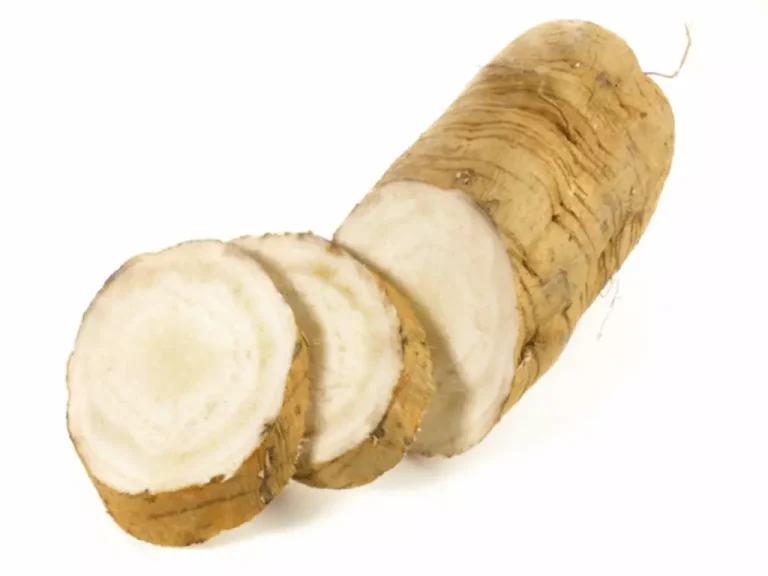
- The drinker’s risk for developing these problems grows with increasing alcohol consumption.
- Something people might notice with ongoing, severe alcohol misuse is bruising from alcohol.
- There are several steps you can take to help improve the health of your liver.
In general, people with darker skin and hair will have darker-colored bruises. People with medium skin tones may see more red and yellow color in their bruises than people with lighter or darker skin tones. Some conditions can make it harder for your blood to clot, which may increase your chance of bruising and bleeding. People with von Willebrand disease (about 1%-2% of the population have this) make little or no von Willebrand protein, which is important for blood clotting. Alcohol-related neurologic disease refers to a range of conditions caused by alcohol intake that affect the nerves and nervous system. Neurologic disorders can include fetal alcohol syndrome, dementia, and alcoholic neuropathy.
These direct and indirect effects of alcohol can result in serious medical problems for the drinker. Finally, alcohol-induced abnormalities in the plasma proteins that are required for blood clotting can lead to the formation of blood clots (i.e., thrombosis). Hemolysis can be an underlying cause of anemia, and several types of hemolytic anemia may be caused by chronic heavy alcohol consumption. Diagnosing hemolysis in alcoholic patients is not easy, because these patients frequently exhibit confounding conditions, such as alcohol withdrawal, abnormal folic acid levels, bleeding, or an enlarged spleen.